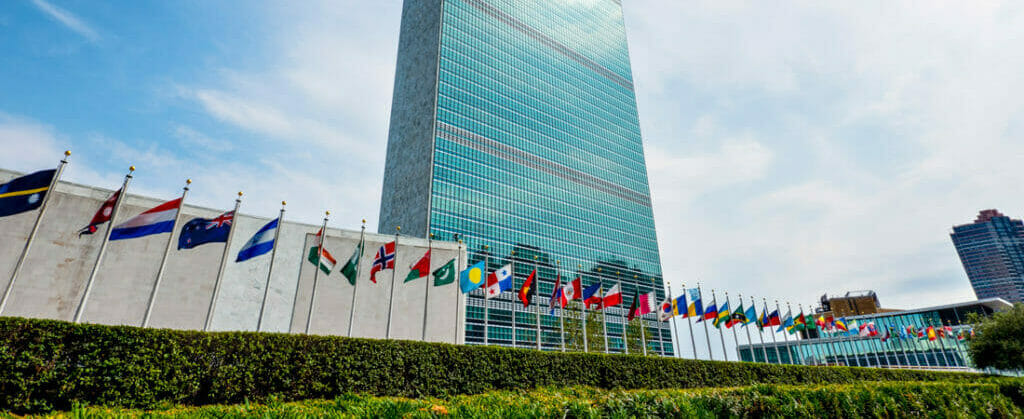
Topic Description
Strenghthening Rule of Law
Strengthening the rule of law has become a central pillar for peace, justice, and effective governance. The rule of law is defined by principles such as equality before the law, accountability, fair legal processes, and legal clarity — so that people can understand their rights and obligations and trust that rules will not be changed or enforced arbitrarily. These principles are vital for protecting human rights, ensuring stability, and advancing sustainable development. The United Nations has called for a “New Vision for the Rule of Law” that is people-centered, ensuring equal access to justice for women, children, displaced persons, and marginalized groups.
At the national level, it is essential for people to have confidence in their justice systems. When laws are predictable and applied consistently, citizens know their contracts will be upheld, their rights will not be stripped away suddenly, and corruption will not distort outcomes. Recent UN-supported reforms in Bangladesh and Kenya have used digitalization to reduce delays in courts and make legal processes more transparent, helping people trust the stability of the system. In Bhutan and South Sudan, expanded legal aid and survivor-centered approaches to gender-based violence cases strengthen the sense that the law is reliable and not subject to arbitrary change or abuse. Similarly, anti-corruption initiatives in Mozambique and Iraq aim to reinforce transparency, so that people can depend on institutions to act fairly and consistently.
At the international level, States rely on stable and predictable international law to govern relations, settle disputes peacefully, and ensure that agreements are honored. The UN plays a key role in helping all States—especially developing and small island countries—participate fully in international lawmaking and dispute settlement. States also rely on international courts applying the law consistently: the International Court of Justice hears cases on genocide, climate change obligations, and territorial disputes, while hybrid tribunals and investigative mechanisms gather and preserve evidence so that justice is not delayed or denied.
Despite these achievements, challenges remain in ensuring the rule of law worldwide. In many regions, weak institutions and corruption erode trust in the law, leaving people unsure whether rules will be applied fairly. In conflict and post-conflict settings, rebuilding justice systems requires years of investment to restore public confidence that the law will be enforced consistently rather than arbitrarily. New challenges—such as cybercrime, disinformation, and the misuse of emerging technologies—also test the ability of legal systems to remain clear, reliable, and stable in rapidly changing environments.
The Sixth Committee of the General Assembly provides a forum to consider these issues. By strengthening the rule of law—ensuring equality before the law, accountability, fair processes, and above all legal certainty—Member States can build more just, inclusive, and resilient societies while reinforcing a fair and predictable international legal order.
Join our mailing list!
Sign up form
Or stay up to date with the latest WIMUN news by following us on social media!


